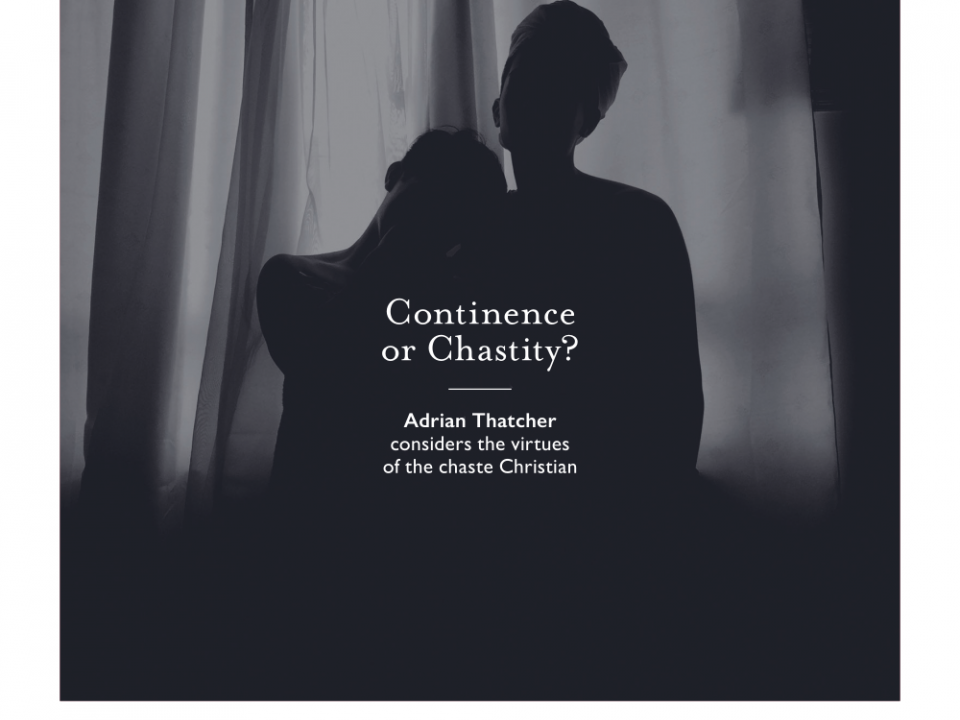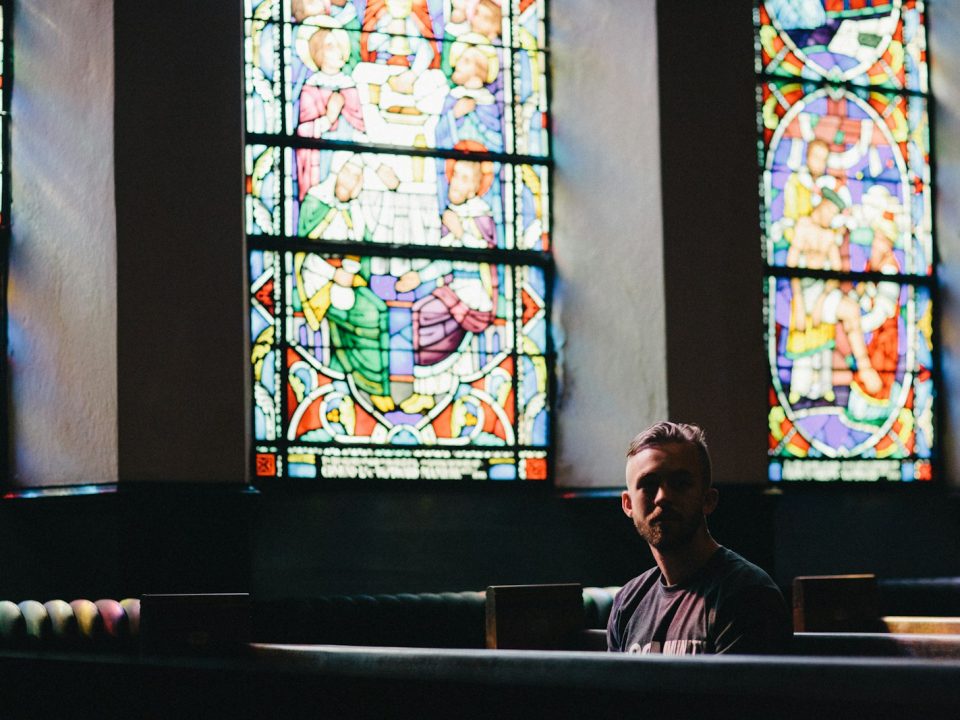
Vacancy: Managing Editor of Modern Believing
May 27, 2025
Queer Deaths and Queer Resurrections
June 7, 2025by Beverley Clack
Originally published in Signs of The Times Summer 2025
Don Cupitt (22 May 1934 – 18 January 2025) was a towering figure in the contemporary shaping of philosophical theology. Born in Oldham, educated at Trinity Hall and Westcott House in Cambridge, his knowledge of a range of philosophical traditions and perspectives was astounding, shaping the distinctive approach he took to the philosophy of religion. His non-realist perspective on God and faith was first introduced in Taking Leave of God (SCM 1980), where he argued that God is not a being but a symbol for the spiritual life. It was a vision that transcended the purely academic, revitalising liberal ideas in the church through, most notably, the Sea of Faith Movement.
For those who knew him, this brief overview will fail to do justice to the excitement of a conversation with him. The intensity with which he explored ideas would have been terrifying, were it not that he was personable and engaging, keen to listen as well as speak. His interest in others made him an important mentor to many of us as we entered the world of the academy.
I remember vividly the first time I met Don. I was an undergraduate at Westminster College, a small, far from elite, church institution specialising in teacher training. There was a small cohort – in total, no more than 60 students – studying for the BA in Theology. It was the mid-1980s, a time coinciding with the broadcast of Don’s TV series The Sea of Faith (BBC 1984). This landmark event offered serious reflection on the nature of religion, and sent shock waves through the Church. It was gripping TV, particularly for those of us of a liberal disposition. Inspired in no small part by the programme, my fellow students Rob Fisher and Andy Machin had, with me, created a discussion group called ‘The Christian Agnostics’. We wrote to Don, asking if he would like to speak at one of our meetings. We had little hope that he would say yes: our meetings, on a good night, drew no more than ten people. We were in Oxford, he was in Cambridge. To our surprise and delight, however, Don readily agreed. The meeting itself was packed, such was his fame at the time. Don was gracious and supportive. The discussion was rigorous and thought-provoking. It was a highlight of my College years.
Don’s generosity of spirit marked my experience of him in the years that followed. As a post-doctoral student looking to get some teaching experience, he offered me work as a tutorial assistant at Cambridge. This was something of a steep learning curve: I was trained mainly in theology; here I was tutoring students on Plato and Aristotle. My abiding memory, other than the anxiety of being a new teacher, were the lunch time walks that Don instigated. He was determined that I should know something about the architecture of Cambridge, and would point out significant new buildings alongside the old, while all the time talking philosophy and particularly Wittgenstein. He was, I realise now, providing two powerful lessons. Firstly, the importance of supporting younger colleagues, for philosophy is primarily a collective and conversational exercise. Secondly, but equally important, that philosophy is best understood as part of the everyday, practised as much in a city street as in a classroom.
Indeed, Don was a powerful advocate for philosophy as part of the flourishing life. His ideas very much influenced my own. The first edition of The Philosophy of Religion (1998), co-authored with my brother Brian, included a detailed section on Don’s ideas. Our humanistic approach to religion was very much shaped by his thinking. If over the years my approach to faith has more closely reflected that of Stewart Sutherland’s revised realism, Don’s presence continues to inform my approach to philosophy of religion. His desire to get below the surface of mythological language to reveal the significance of religious ideas remains vital. Similarly, the evolution of his writing style to enable those with little or no philosophical training to be excited by ideas has been an inspiration.
He will be much missed, not least because the humanity that pervades his thought is required more than ever. In an age which is seeing the disappearance of the arts and humanities from too many universities, those of us inspired by him and his writing will want to find ways of maintaining his legacy. This legacy is one which illuminates the sheer joy and richness possible in studying a subject for its own sake. Philosophy and theology cannot be reduced to the imperatives of ‘The Market’ or the dictates of the process-obsessed institution. Embracing and celebrating life in all its fullness is a fittingly countercultural way of marking the passing of this theological giant.
Beverley Clack is a Senior Research Fellow, Farmington Institute, Harris Manchester College, Oxford, and a Professor Emerita, Oxford Brookes University.




